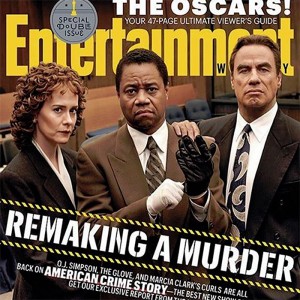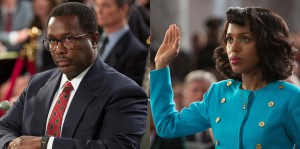En Movimiento: Docudrama as News
My column for the June 2016 issue of Caimán Cuadenos de Cine. — J.R.
One of the frustrations about living in the U.S. these days is the virtual absence of TV news, replaced by a media circus built around the omnipresence of single events — the deaths of Frank Sinatra and Michael Jackson, or, this year, the U.S. Presidential primary elections. As with most Hollywood blockbusters, these circuses are designed to screen out the rest of the world, assuming that Americans are interested in sensation more than thought and can only focus on one momentous event at a time (which means that the delighted TV pundits can ignore the rest of the world with impunity). So it’s logical that everything Donald Trump utters or tweets gets more coverage than anything said by Barack Obama and that the same sound bites from Trump and the other candidates get endlessly recycled, thumbed over, and analyzed.
Consequently, it’s at once ironic and appropriate that the two most relevant and contemporary cinematic events that I’ve seen lately are both cable TV docudramas about media circuses of the 1990s, both of which offer certain insights into how a Frankenstein monster such as Trump was created thanks to the unholy marriage of celebrity culture and what subsequently became known as “reality TV”: a ten-part miniseries called American Crime Story: The People vs. Read more


